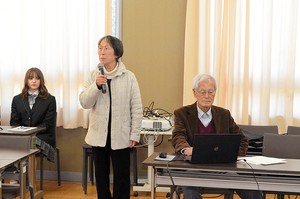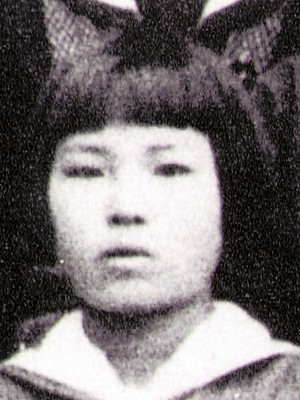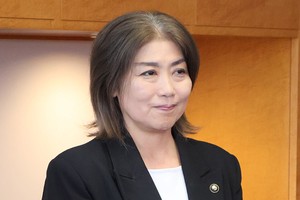December 15, 2021 at 14:23 JST
 A page from the political fund report for 2020 submitted by a political organization headed by former Lower House lawmaker Nobuteru Ishihara (The Asahi Shimbun)
A page from the political fund report for 2020 submitted by a political organization headed by former Lower House lawmaker Nobuteru Ishihara (The Asahi Shimbun)
Business operators are eligible for government subsidies if they were forced to cut back their business hours due to the COVID-19 pandemic and had to pay leave allowances to employees for laying them off.
But it recently emerged that some political organizations, including the ruling Liberal Democratic Party’s local chapters headed by high-profile members, also accepted the subsidies.
This has become a focal issue of debate in the Diet.
Prime Minister Fumio Kishida noted that the organizations in question were “within their legal rights, although they cannot expect to win the public’s understanding.”
But opposition parties are questioning whether the groups were, in fact, truly eligible, having expressed doubts they met the condition of having been “forced into curtailing their operations due to the pandemic.”
How were their activities impacted? How did other organizations deal with pandemic-related challenges?
The questions must be answered to everyone’s satisfaction and leave no ambiguities.
The subsidies come in two categories: One, referred to as “koyo chosei joseikin” (employment adjustment subsidy), applies to workers covered by the government’s employment insurance; the other, “kinkyu koyo antei joseikin” (emergency employment stability subsidy), applies to part-time workers who are not insured.
When a worker is paid a leave allowance, the government subsidizes the employer with a portion of the amount.
An LDP chapter headed by Nobuteru Ishihara, a former economic revitalization minister hired earlier this month as a special adviser to the Kishida Cabinet, received those subsidies.
So did another LDP chapter led by Toshitaka Ooka, state minister of the environment.
If a political organization hires someone who qualifies for an employment insurance, it is obliged to enroll the person in the system. That makes it possible for the organization to receive subsidies if the necessary conditions are met.
But the real question is whether the organization’s loss of income due to the pandemic was sufficiently substantial to force it to rely on the subsidies.
It emerged that the revenue earned by the LDP chapters led by Ishihara and Ooka last year were not only practically on a par with the preceding year, but even showed substantial carry-overs from the year before.
During a Lower House budget committee session on Dec. 14, questions were raised about the parameters used to determine the extent of the pandemic’s impact on the finances of such groups, but no definitive answers were given.
As lawmakers who make the rules, politicians are obliged to exercise strict self-discipline to ensure they don’t stray from the straight and narrow. Whenever a politician comes under suspicion, the question of accountability is grave.
Ooka’s responses to questions about the subsidy issue in the Diet could hardly be considered to have been adequate. And even though Ishihara stepped down as a special adviser to the Cabinet, he has yet to explain himself in public.
If the two men think all they need to do is return the subsidies, they could not be more wrong.
Political organizations accepting government subsidies became a big issue precisely because of certain recent developments that have deepened the public's mistrust in politics.
For one, the monthly payment of 1 million yen ($8,790) per lawmaker in communication, travel and accommodation expenses rankled the public, as did the appointment of Ishihara as a special adviser to the Cabinet despite his failed re-election bid in the latest Lower House election.
Kishida must bear firmly in mind that where the flow of money in politics is concerned, the public today expects even greater transparency than ever before.
--The Asahi Shimbun, Dec. 15




















A peek through the music industry’s curtain at the producers who harnessed social media to help their idols go global.
A series based on diplomatic documents declassified by Japan’s Foreign Ministry
Here is a collection of first-hand accounts by “hibakusha” atomic bomb survivors.
Cooking experts, chefs and others involved in the field of food introduce their special recipes intertwined with their paths in life.
A series about Japanese-Americans and their memories of World War II